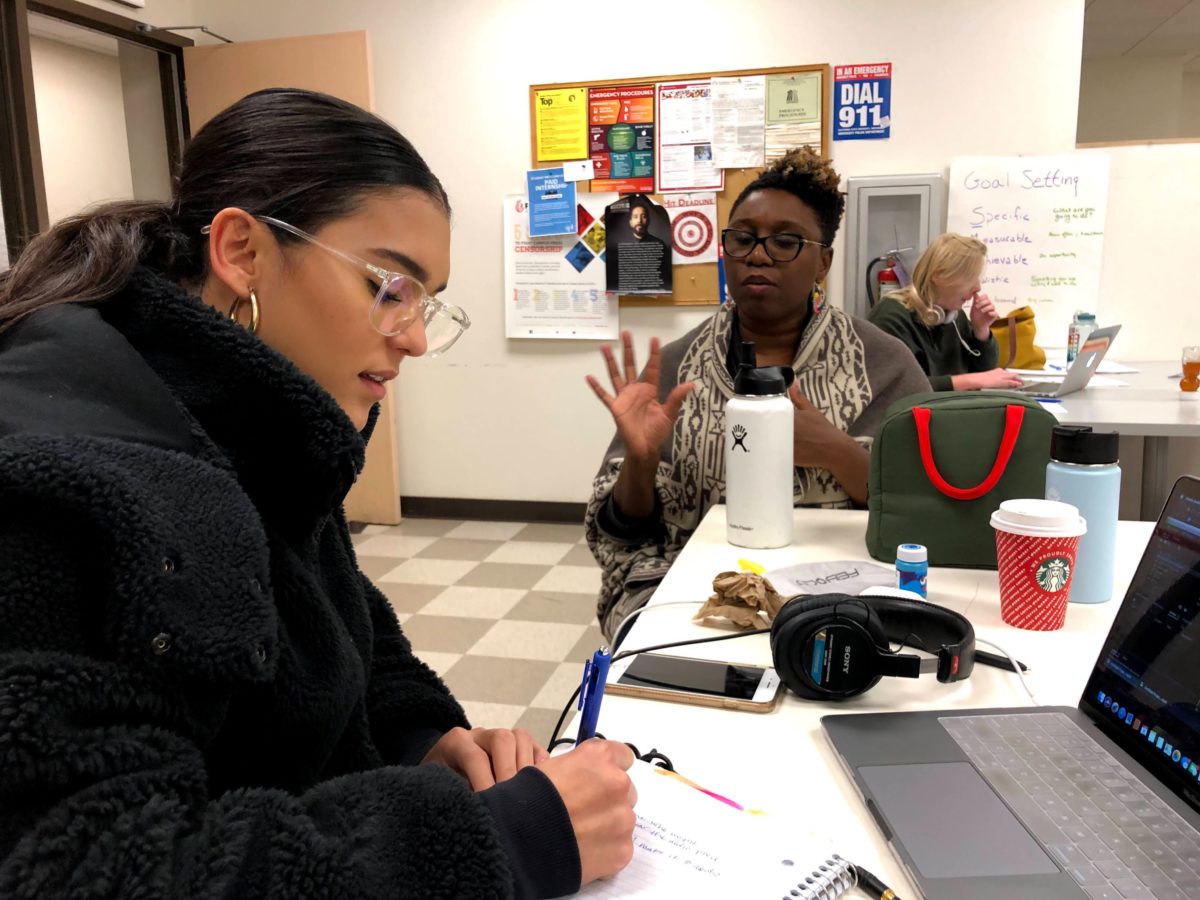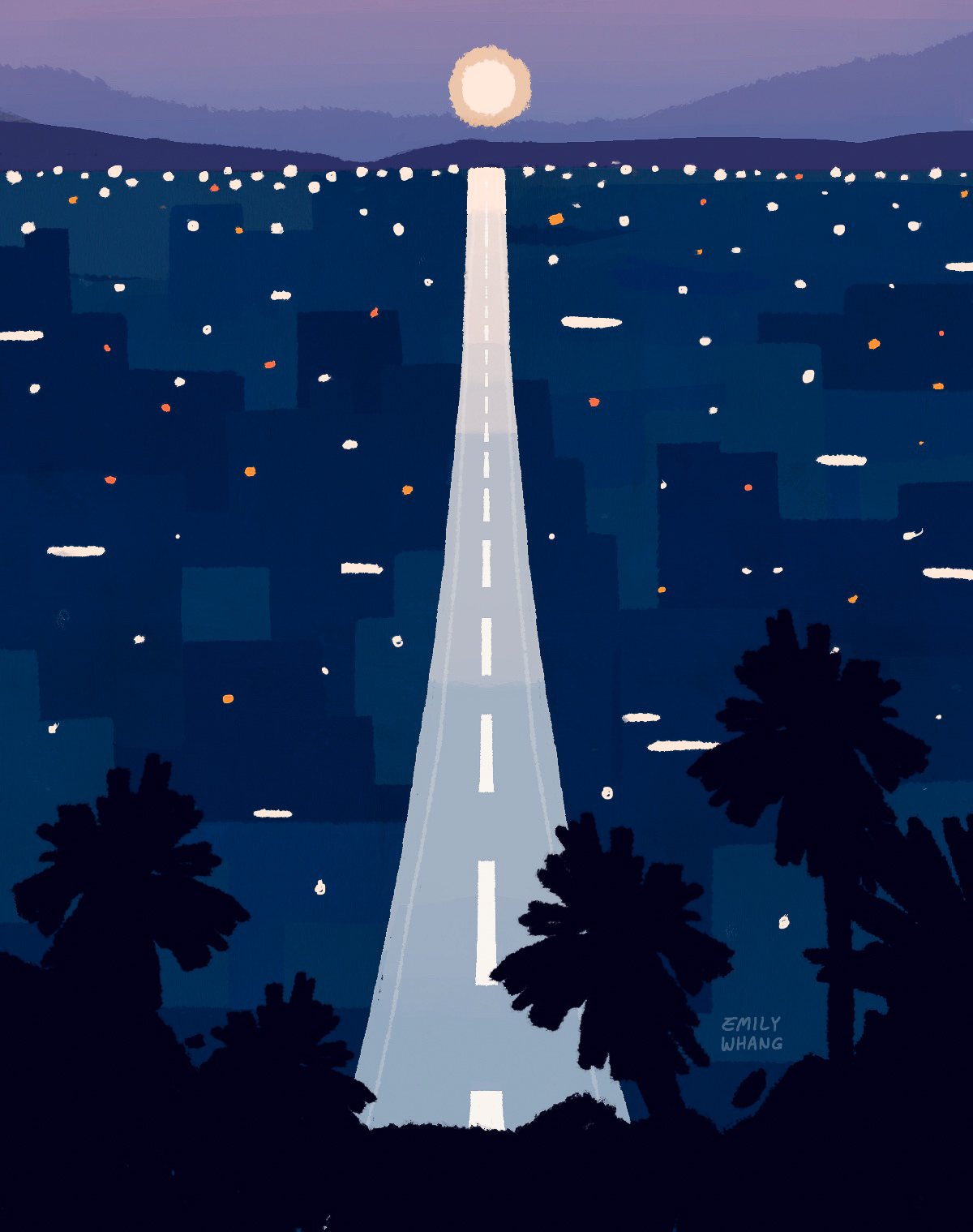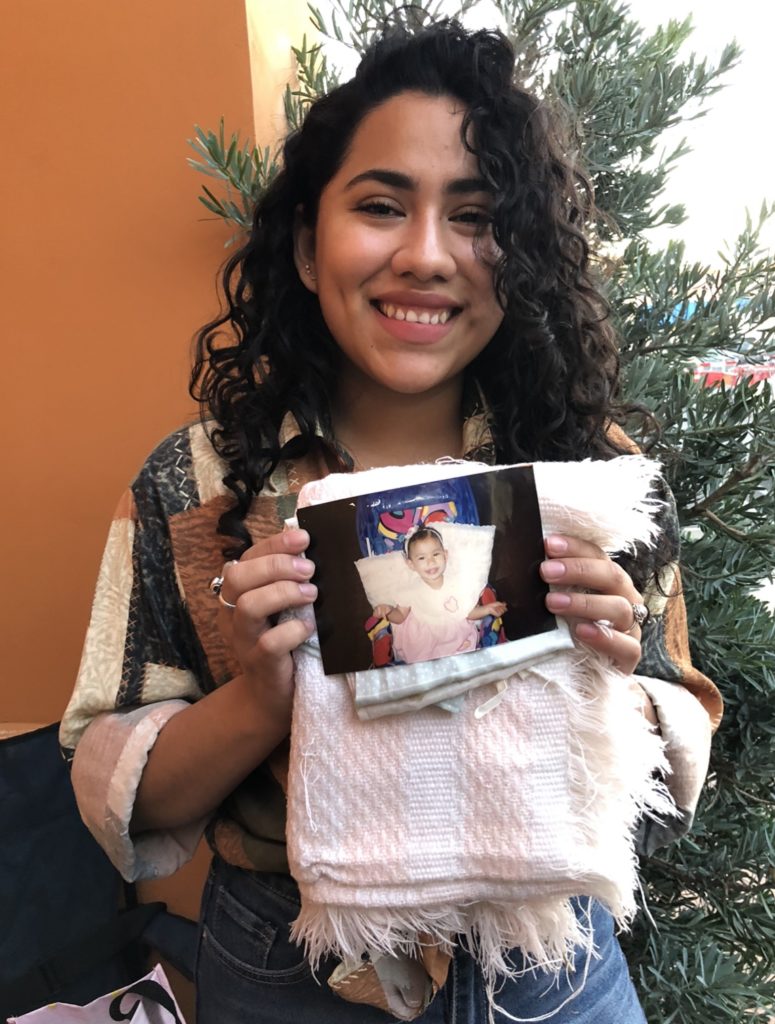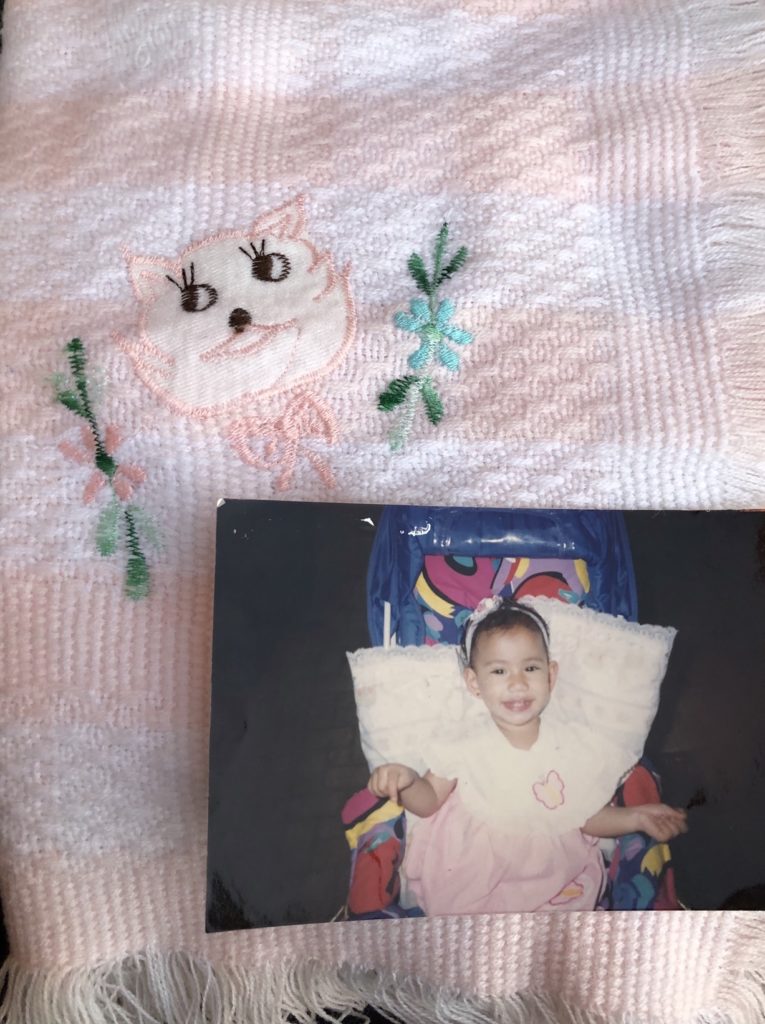Weeks prior to the workshop I had been anticipating the first day. I made sure I had no other plans during the week because I knew we were going to be having long and busy days.
Being able to interview my subject, Gabriela Linares on Monday allowed me to start on things right away. Our interview location wasn’t ideal to record because of all the background noise, but as a team, were able to find a wall that blocked the wind off.
The audio in itself wasn’t hard to understand since Linares had given complete sentences. When writing the story, I knew what information I wanted to include, but wasn’t sure in what order. I had written the story one way but after getting edits from my mentor and editor, I was able to get clear feedback and advice. They showed me how little tweaks and rearranging your sentences can help you share your story.
Before coming into the workshop, I knew the basics of audio editing. After the workshop I can confidently say I’ve learned more tools that help make the editing process easier. I also learned how and why we have to adjust certain things on our audio file. The engineers taught me how small edits can make your piece sound better and always made sure they explained what they were doing.
I am very thankful to have been able to be part of a group with such talented individuals. Everyone was always supportive, kind and always available to help out. I found both presentations on solutions journalism and with Brenda Salinsa via Skype very interesting. They talked about things I had never heard of and cleared up some questions I had about being in the work space. I also learned how to get feedback on work by asking certain questions like, “Tell me when you wandered off.” Overall, I am very proud of all the work that was done this week. I can now take what I learned here, to what I do in school and in the workplace.



